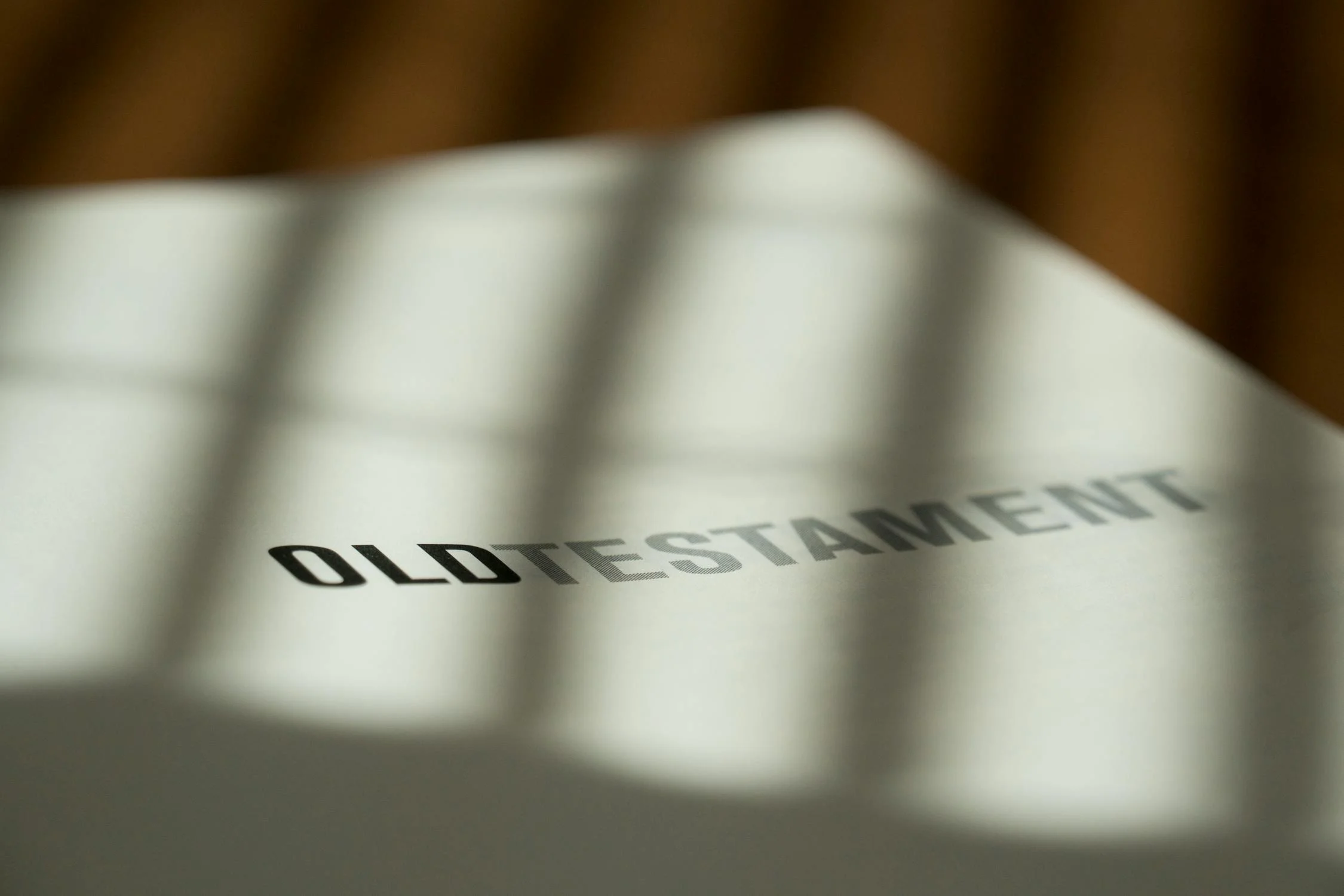The question of why God allows suffering, such as the Holocaust, is profound and complex, touching the depths of human anguish and the search for meaning in the face of evil. The Bible, while not addressing specific historical events like the Holocaust, provides insights into the nature of God, human freewill, and the presence of evil in the world.
One fundamental concept is that of human free will. Genesis 1:26-27 tells us that God created mankind in His own image, with the capacity to make choices. Unfortunately, this freedom includes the potential for individuals and societies to commit acts of great evil. The Holocaust is an extreme manifestation of human capacity for evil when hearts turn away from the principles of love, justice, and compassion that God desires for humanity.
Another perspective found in the Bible is the presence of evil and suffering in a fallen world. Romans 8:22 says, “For we know that the whole creation has been groaning together in the pains of childbirth until now.” This passage reflects the Christian understanding that the world is in a state of brokenness, awaiting full redemption and restoration.
While the Bible does not provide a direct answer to why specific tragedies like the Holocaust happen, it does offer hope and comfort in the midst of suffering. Psalm 34:18 assures, “The Lord is near to the brokenhearted and saves the crushed in spirit.” Furthermore, the story of Jesus Christ—His life, death, and resurrection—reveals a God who enters into human suffering and offers Himself as a pathway to healing and redemption.
The question of the Holocaust and other profound sufferings challenges believers to wrestle with the realities of faith, evil, and the nature of God. It also calls Christians to reflect Christ’s love and compassion, working tirelessly to prevent such atrocities and to heal the wounds they cause.





Leave a Reply